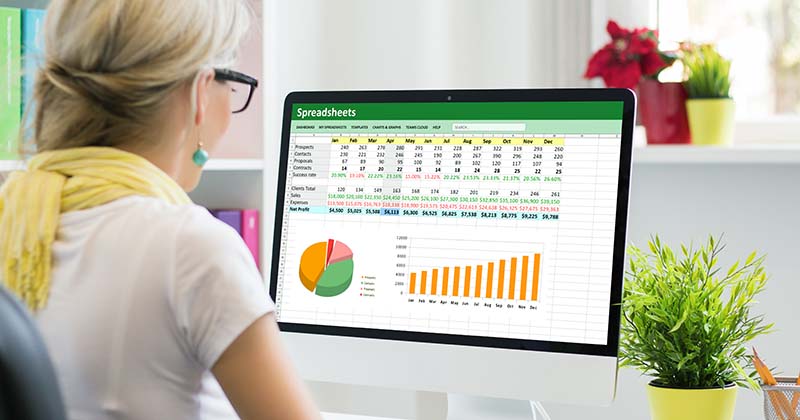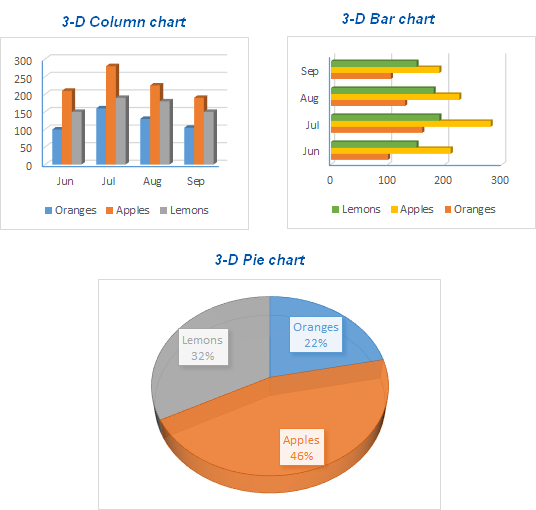Despite the emergence of various advanced data management platforms, Microsoft Excel continues to hold its ground as a must-have tool in countless businesses and sectors. Excel remains the undisputed leader in data manipulation, analytics, and more critically, production scheduling. Here are seven reasons why Excel is still the reigning champion and an essential tool for business efficiency.
1. Versatility and Compatibility
Excel is a jack of all trades when it comes to data handling. Its features and functionalities cater to a broad spectrum of needs, from simple data logging to complex financial modeling. Moreover, it’s universally compatible, allowing for easy data import/export with almost any other software. If you’re interested in exploring an Excel-based system that revolutionizes production scheduling, check out my review of the Scheduler123 software, a real game-changer.

2. Cost-Effectiveness
Let’s face it – Excel comes with a nominal one-time purchase or as part of the affordable Office 365 package. Given its vast capabilities and the cost of alternative platforms, it provides tremendous bang for your buck. For businesses on a budget, Excel’s cost-effectiveness is a big win, much like these tips for surviving on a budget at home.
3. User-Friendly Interface
Even with little to no training, most folks can quickly pick up the basics of Excel. Its intuitive and familiar interface makes it user-friendly and ideal for fast learning and quick implementation, especially when compared to more complex data management platforms.
4. Wide Range of Functions and Formulas
From simple arithmetic calculations to complex statistical analysis, Excel’s comprehensive library of functions and formulas is unrivaled. These tools, along with features like pivot tables and data filtering, empower businesses to leverage their data more effectively.

5. Customizable to Your Business Needs
Excel is like a blank canvas, ready to be customized to fit your unique business needs. Whether it’s sales tracking, inventory management, or project management, you can tailor Excel spreadsheets to mirror your processes perfectly.
6. Robust Data Visualization
Excel’s advanced charting and graphing tools make data visualization a breeze. You can turn heaps of data into easy-to-understand graphs and charts, making insights and trends readily apparent. Data visualization not only aids in internal comprehension but also improves presentations to clients or stakeholders.

7. Huge Online Support Community
Last but not least, Excel’s vast user base translates into an enormous online support community. Whether you’re stuck with a formula, function, or something else, chances are someone else has faced the same issue and found a solution. Plus, the internet is brimming with tutorials and guides to help you get the most out of Excel.
From the boardroom to the production line, Excel remains a crucial tool for businesses worldwide. It’s not just about crunching numbers; it’s about driving efficiency, facilitating decision-making, and, ultimately, ensuring business success. Now, more than ever, Excel stands firm, proving that it’s not just surviving in this fast-paced digital world – it’s thriving.
The Power of Automation in Excel
Excel is not just about inputting data and creating tables. One of its significant strengths lies in automation. Through macros and VBA scripts, routine tasks can be automated, saving users time and reducing the potential for errors. Whether it’s automating the formatting of reports, updating data across multiple sheets, or even sending emails straight from Excel, automation can radically transform how you work.
Excel as a Tool for Decision Making
Data-driven decisions are the lifeblood of modern businesses. Excel is not just about managing data; it’s about interpreting it, and in turn, using it to make informed decisions. By providing a platform for advanced analytics, including trend analysis and forecasting, Excel enables businesses to leverage their data effectively. With this knowledge, companies can predict sales trends, manage inventory, analyze performance, and more, all leading to more informed, and ultimately, more successful decision-making.

The Unseen Potential of Excel
Excel is far more than a simple spreadsheet tool. It’s a blank canvas that can be manipulated to fit almost any need. You can create custom dashboards, interactive reports, and even games in Excel! With a bit of creativity and a dash of technical know-how, the possibilities with Excel are virtually endless. For those who take the time to delve deeper, Excel can become a potent tool that goes beyond its primary function as a spreadsheet software.













Comments